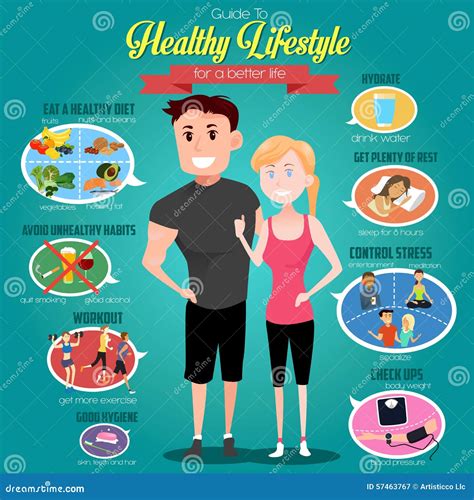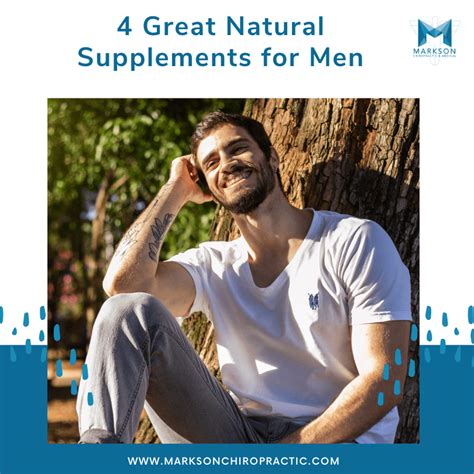Natural ways to boost male testosterone for peak performance?

Unlocking Peak Performance: Natural Strategies for Boosting Male Testosterone
Testosterone, the primary male sex hormone, plays a crucial role far beyond libido. It influences energy levels, muscle mass, bone density, mood, cognitive function, and even cardiovascular health. As men age, testosterone levels naturally decline, but various lifestyle factors can accelerate this drop or keep levels suboptimal. The good news? Many natural, evidence-backed strategies can help men optimize their testosterone for enhanced well-being and peak performance.
The Foundational Role of Diet
What you eat directly impacts your hormonal balance. To support healthy testosterone levels, focus on a balanced intake of macronutrients and essential micronutrients.
- Healthy Fats: Cholesterol is a precursor to testosterone, so ensure adequate intake of healthy fats from sources like avocados, nuts, seeds, olive oil, and fatty fish (salmon, mackerel).
- Protein: Essential for muscle building and overall health, protein supports hormonal production. Include lean meats, poultry, eggs, and legumes.
- Complex Carbohydrates: Provide energy and prevent catabolism, which can stress the body. Choose whole grains, fruits, and vegetables.
- Micronutrients:
- Zinc: Crucial for testosterone production; found in oysters, beef, pumpkin seeds, and spinach.
- Vitamin D: More of a hormone than a vitamin, low levels are linked to low testosterone. Sunlight exposure and fortified foods are key.
- Magnesium: Supports free testosterone levels; found in dark leafy greens, nuts, and legumes.
- Limit Processed Foods and Sugar: These can contribute to inflammation and insulin resistance, both detrimental to testosterone.

Exercise: Your Body’s Natural Hormone Amplifier
Regular physical activity, particularly certain types, is one of the most potent natural testosterone boosters.
- Strength Training: Lifting weights, especially compound movements like squats, deadlifts, and bench presses, elicits a significant acute testosterone response. Aim for 3-4 sessions per week with adequate recovery.
- High-Intensity Interval Training (HIIT): Short bursts of intense exercise followed by brief recovery periods can also effectively raise testosterone levels.
- Avoid Overtraining: Chronic, exhaustive endurance exercise without proper recovery can actually suppress testosterone and increase cortisol (stress hormone). Balance is key.

The Power of Sleep and Stress Management
Sleep deprivation and chronic stress are silent assassins of testosterone.
- Prioritize Quality Sleep: Aim for 7-9 hours of uninterrupted sleep per night. Most testosterone production occurs during deep sleep cycles. Poor sleep significantly impacts hormonal balance.
- Manage Stress: Chronic stress elevates cortisol, which has an inverse relationship with testosterone. Implement stress-reducing techniques such as meditation, deep breathing, yoga, spending time in nature, or engaging in hobbies.

Optimizing Lifestyle Habits for Hormonal Balance
Beyond diet, exercise, and sleep, several other lifestyle factors contribute to healthy testosterone levels.
- Maintain a Healthy Weight: Excess body fat, particularly visceral fat around the abdomen, can lead to increased aromatization (conversion of testosterone into estrogen). Losing weight can significantly improve testosterone levels.
- Limit Alcohol Consumption: Excessive alcohol intake can disrupt hormonal pathways and directly suppress testosterone production. Moderate consumption is generally acceptable.
- Avoid Endocrine Disruptors: Be mindful of chemicals found in plastics (BPA, phthalates), pesticides, and certain personal care products, which can mimic hormones and interfere with natural production.

Consider Natural Supplements (with caution)
While a holistic approach focusing on diet, exercise, and lifestyle is paramount, certain natural supplements may offer additional support, but always consult a healthcare professional before starting any new regimen.
- Vitamin D: If levels are low, supplementation can be beneficial.
- Zinc: Especially for those with deficiencies, zinc supplementation can help.
- Ashwagandha: An adaptogenic herb shown to reduce stress (cortisol) and improve testosterone levels in some studies.
- Fenugreek: Some research suggests it may help increase free and total testosterone.

Conclusion: A Holistic Path to Peak Performance
Boosting male testosterone naturally is not about a single magic bullet, but a comprehensive, consistent approach. By optimizing your diet, engaging in strategic exercise, prioritizing sleep, managing stress, and adopting healthy lifestyle habits, you can create an environment where your body thrives, naturally elevating your testosterone levels. This holistic journey not only enhances physical and mental performance but also paves the way for a healthier, more vibrant life.









